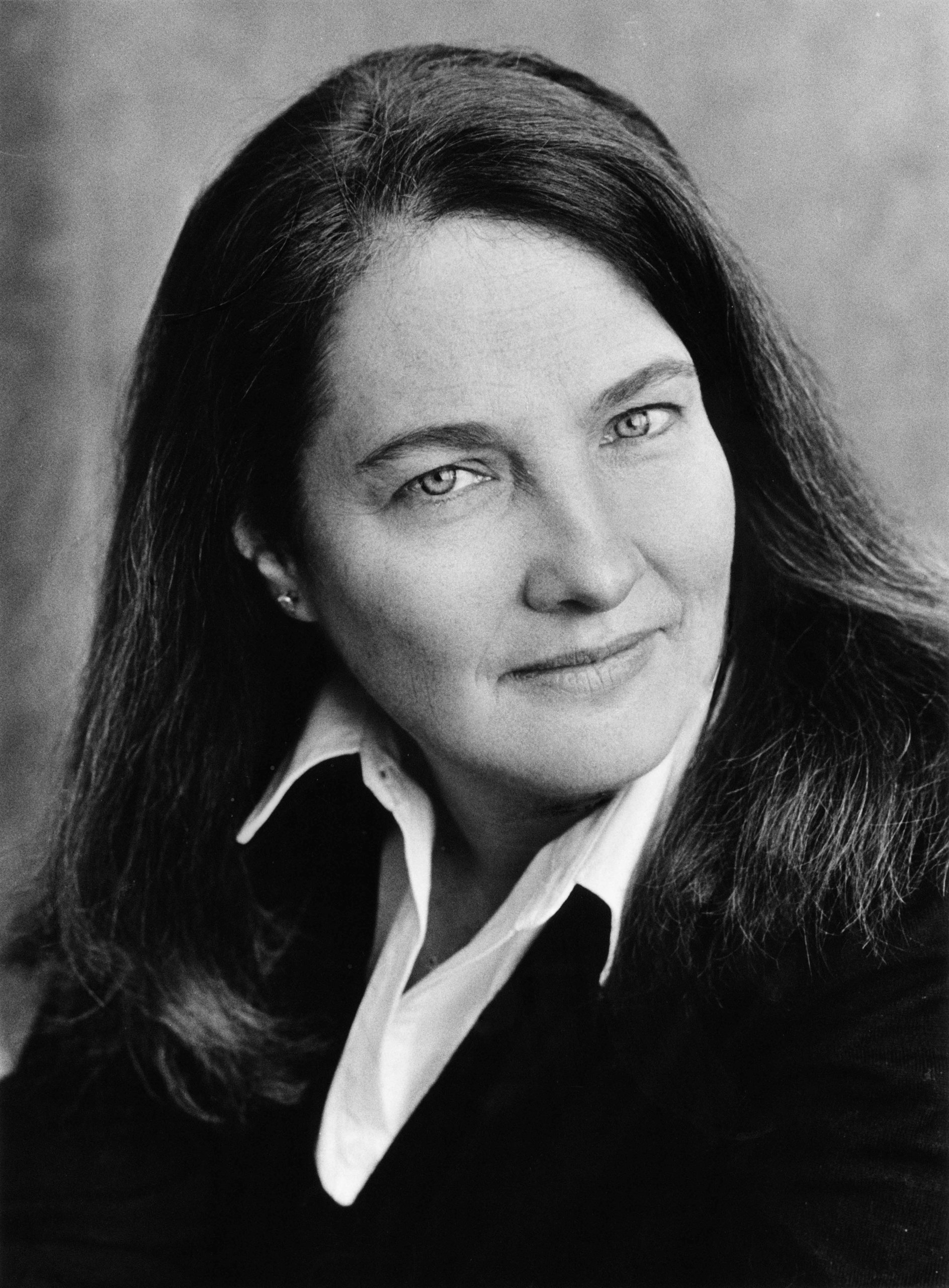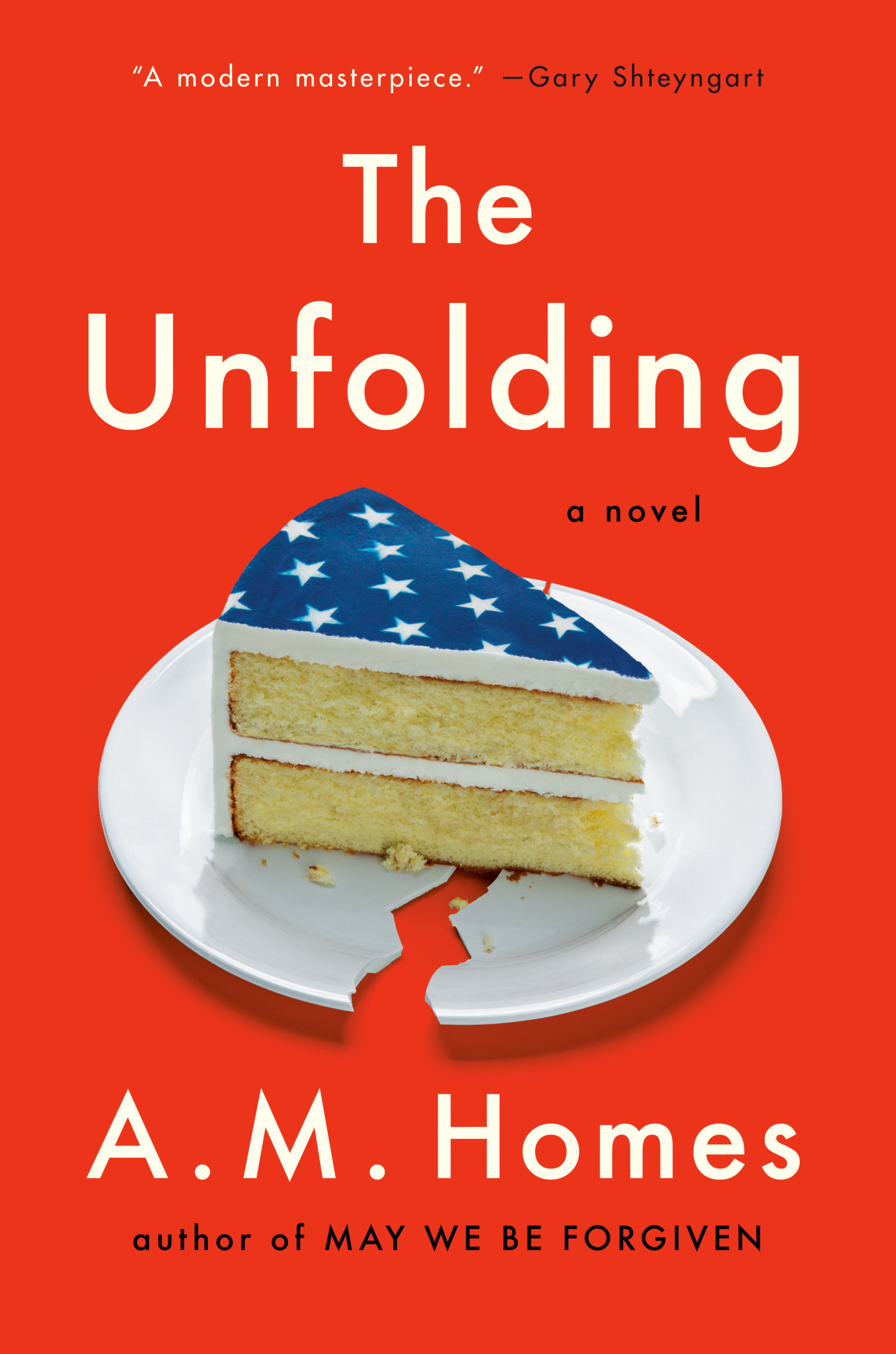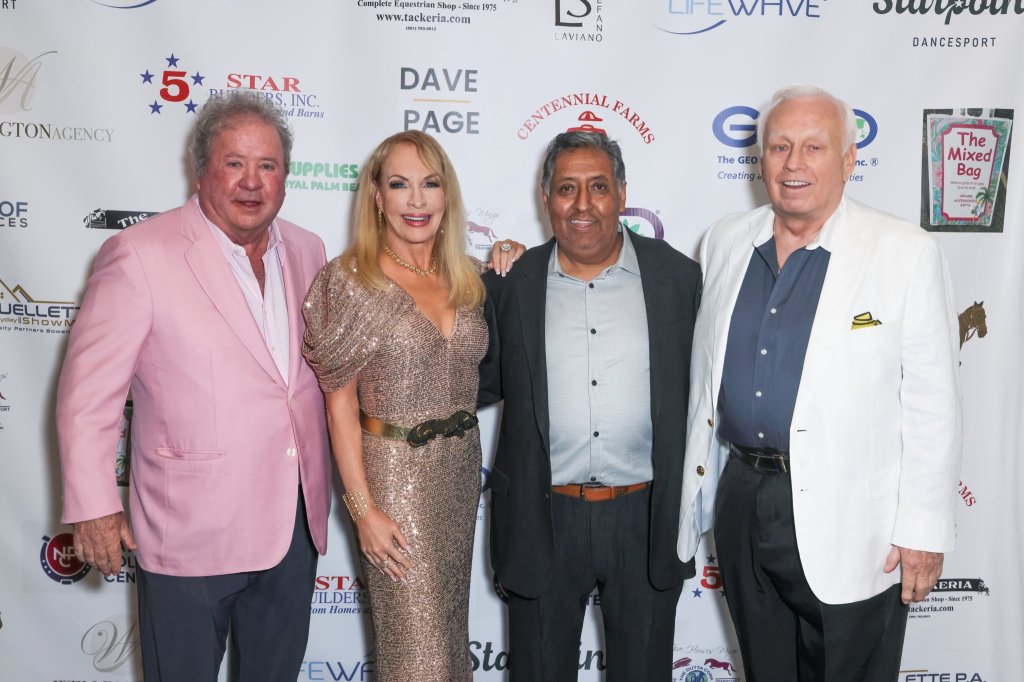Author A.M. Homes Discusses Her New Book 'The Unfolding'

The American writer A.M. Homes has pushed a lot of literary buttons in her time, unafraid to raise the questions that haunt, hurt and ultimately heal us.
Her new book The Unfolding (Viking) comes out this month, her first since winning the Women’s Prize for Fiction in 2013 for her sixth novel May We Be Forgiven (her new book will be her 13th). At the time, the chair of the judges described her work as “a dazzling, original, viscerally funny black comedy — a subversion of the American Dream.”
She is poised to dazzle again with The Unfolding which couldn’t come out at a more prescient time, tackling issues of power, American identity, alternate truths and probing for a reconsideration of what words like truth, freedom and democracy really mean.
Set in 2008, The Unfolding revolves around The Big Guy, a lover of family, money and country who is undone by the results of the 2008 presidential election, when John McCain lost to Barack Obama. The Big Guy taps into a group of like-minded men to reclaim their version of the American Dream. Sound familiar? Homes says she wrote the book before the events that unfolded on our Capitol in January of 2021. The book also weaves a compelling narrative about family and the ties that bind — and sometimes blind.
A writer’s writer who lives in New York City and East Hampton, Homes teaches at Princeton, serves on numerous literary boards, has worked on television projects for HBO, FX and CBS and was a writer/producer for the Showtime series The L Word. Her work appears frequently in The New York Times, The New Yorker and Art Forum and she is a contributing editor at Vanity Fair, among other publications. Several times a year she collaborates on book projects with artists such as Eric Fischl, Rachel Whiteread and Michael Chelbin.
She also appreciates a good egg white power bowl at Main Beach in East Hampton while watching the sunrise and the whales spray.
We caught up with A.M. Homes via telephone to talk about her new book, what drives her writing, her friendship with the late Edward Albee and what she loves about the East End.

People have described your writing as “fearless,” “haunting,” “daring” and “funny.” How do you see yourself?
I try not to look in the mirror. (laughs) To be honest I don’t see myself. It’s a good question, It’s also a complicated question. I feel like in some ways I’m sort of a person without an identity. I’m adopted, I grew up in a family where a child had died — very complicated. So that’s the literal question.
As a writer, I’m really a fiction writer, so for the most part — unless I’m purposefully writing non-fiction and memoir — I’m not part of the story, if that makes any sense.
It does. But then in terms of getting your stories out and what motivates you to write — where does that come from?
In every way I’m writing in relation to the world we live in and the moment we live in and I’m always trying to in some ways make sense of it and I would say prompt conversation about it. I don’t ever presume to have answers of why our world is the way it is or why people have road rage or why people in the Hamptons drive so badly in the summer. (laughs) What is up with that? They’re like seagulls in (Finding) Nemo where they’re like “Mine, mine, mine!’
I do think I want to make work that prompts conversation and questions. On the one hand it’s quite serious but I feel like for me in order to be serious I also need the relief of humor and I want the relief of humor.
With all of the things you have written, you don’t shy away from difficult “stuff.”
No, I don’t. I think in some sense I probably feel slightly compelled to talk about the things that we don’t talk about because I know they’re difficult to talk about. But I also think we don’t make a lot of progress if we avoid them.
This new book in many ways is about what happens when people fear losing power and what lengths they will go to maintain that power.
Like the Big Red Headed Guy in Florida …
Right. It’s pretty intense in that sense and I started it before Trump was really on the horizon as a presidential candidate. It took me a long time to write and as all of that was unfolding I thought, “Well, I don’t want to write a reaction to it so I had to figure out how to write along those lines without being reactive.
It’s interesting and challenging … I feel like the political establishment kind of lost contact with the average American and at the same time there were incredible amounts of dark money or unaccounted for money flowing into the political system and it’s having a big effect. And I think that that’s really part of what’s happened.
It (The Unfolding) is really a story about the family also sort of unraveling and in their unraveling there is greater truth, so that’s cool to me — that they come to know each other and themselves and there is more humanity to that and possibility.
Were you always a writer — how did that evolve?
I wanted to be in the Rolling Stones and they have a very low vacancy rate so that didn’t happen. (laughs) I have been writing since I was a teenager. I had a play that won an award that was produced when I was 19, I wrote my first novel, Jack, which was one of the 100 most banned books in the country and still was on the most recent list of books that they want to ban in Texas.
What’s your take on all this recent book banning?
I think that the idea of banning books is a very strange effort to control people’s access to knowledge and thought and information and to developing their own points of view and so I think that is obviously dangerous and destructive and fundamentally not okay. Children will find their way to information and stories that they need to read in order to help them figure out who they are — that’s part of why we read. We read obviously for entertainment but obviously to find ourselves or to find our way into other worlds so that makes me super sad. And it feels very peculiar it just seems, it’s not useful.
What drew you to the East End?
I first came out there in 1985 and I’ve been out there regularly since … part it was the history and the artistic history. I’m a huge de Kooning fan and Pollock fan and the idea of being in that place and in that light was very compelling to me.
And then Edward Albee who was out there had — and it is still going — a writer’s retreat in Montauk and I was there twice as a writer, as a very young writer, and Edward was enormously supportive of my work and also of the taboos and of the limits that my work pushed at and that meant a lot to me, an enormous amount, because it was a sort of vote of confidence of what I was up to very early on. That’s the kind of thing I would say is harder to come by these days.
What keeps you out east?
I will say that it was the beach and nature and the trees and literally watching the seasons evolve that got me through COVID. I spent March of 2020 on my sofa just looking out the window. I was really sick … But being out there it changed me on a physical and on a spiritual level. And to me it really is about the light and about the cycle of nature.
I have bird feeders and I love that I have, as I put it, the same customers every day over several years which I never noticed before. I never slowed down enough to notice that the same blue jay, the same woodpecker, would come. And in that sense, it sounds corny, but it truly lifts my heart. So there’s that part.
Any favorite East End go-to spot you can share?
My favorite this summer is at Main Beach — the restaurant is staying open later so there are some nights it is open until 8 o’clock. The food is actually pretty good and they also make breakfast at 8 a.m.; they make an incredible egg white bowl … and they also do avocado toast which is surprisingly good. And at night they have wine now which is obviously shockingly new at the beach and you can sit there and watch the sunset and it’s so beautiful, it’s a whole different crowd and they have Shabbat on the beach on Friday and the concerts on Tuesday.
As much as there is fancy East Hampton and you know a lot of those people, whatever, I also like the mix of people who are really, really local — the cops who come and get an egg sandwich for breakfast and the little old lady who can’t walk all the way down to the beach so she comes and sits under the awning. And it’s just the best.
A.M. Homes new book The Unfolding (Viking) comes out on September 6, 2022. On Friday, October 28 at 6:30 p.m. she will be in conversation with writer Jill Bialosky at The Church in Sag Harbor. For more information, visit amhomes.com.



